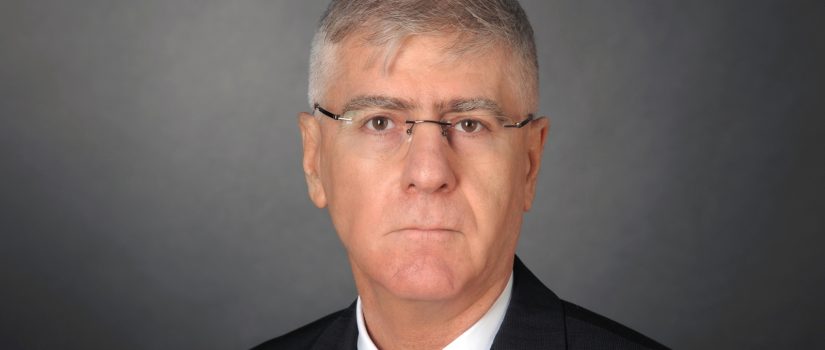
Behrooz Abdolvand is a German-based economist and political scientist known for his research on global energy politics. He is the Former coordinator of the Caspian Region Environmental and Energy Studies Center in Berlin and associated member of the German Council on Foreign Relations. What comes bellow is full text of Habilian Association’s interview with this acknowledged analyst.
Habilian: As a first question, can you express yourself, as an Iranian, about the assassination of General Soleimani?
Dr. Abdolvand: General Soleimani was the historic return of Surena and Ariobarzan as soldiers of the Iranian nation. He did everything in its power for the sake of security and independence of the country and invested his life in this direction for the security of the Iranian nation and the nations of the region, and in this case he was incompatible. At the same time, as a Muslim, he believed in tolerance and respect for dissidents. His loss for any Iranian is the absence of a statesman, soldier and national hero, and as a revolutionary he was the conscience of the revolution. His absence to me and to any patriotic Iranian is the absence of a national myth and hero. He and the likes of him rebuilt the pride of the Iranian nation after two hundred years of absence in the international arena. His reckless assassination did not diminish his role in Iranian history; rather, he became the epitome of national consensus. I think his assassination is one of the greatest errors of American statesmen.
Habilian: How do you assess the role of General Soleimani in the fight against terrorism?
Dr. Abdolvand: General Soleimani played a central role in the fight against terrorism. In Afghanistan, along with the Afghan people and their leader Ahmad Shah Massoud, he repelled the Taliban invasion. in Syria and Iraq, he overturned ISIL sedition. Soleimani was a successful master of asymmetric battle, who had the most efficiency with the least facilities. Although personalities have less strategic influence over history, his role in shaping the Middle East’s new order in in favor of Iran, was unmatched. As a statesman and a soldier, he had a decisive role in stabilizing the region's long-term security. Finally, General Soleimani weakened the root of international organized terrorism backed by Western security and Arab reactionary forces in the region.
Habilian: What geopolitical goals lie behind the assassination of General Soleimani?
Dr. Abdolvand: From a geopolitical point of view, General Soleimani expanded Iranian influence from the Mediterranean to the Hindu Kush. In the process of transition from a monopoly to a multipolar world, Iran has become the regulator of the new world order. Thanks to the efforts by this man and men like him, Iran converted from a weak state, which was occupied in World War I and World War II to a semi-colonial state after World War II, to an independent country that today plays a key role for peace and development of the region. Iran can no longer be ignored as a strategic actor. The goal behind assassination of General Soleimani was to avenge the man who thwarted the strategic plans of the Pentagon and the US government. The mass of demonstrators at his funeral proves that he has become epitome of national consensus that the whole nation mourns for his loss.
Habilian: How do you analyze German government’s position in support for Trump’s order to assassinate General Soleimani?
Dr. Abdolvand: In German history, there were statesmen who were deeply influenced by German governmental reasoning, such as Willy Brandt, Helmut Schmidt, and Konrad Adenauer. Also, unfortunately, sometimes inexperienced politicians and with low political knowledge have taken the levers of power. The biased stance of the German government and the State Department reflects their low political experience to analyze the situation in the Middle East and the influence of US government’s decision to assassinate General Soleimani on security of Middle East as well as Europe.
Habilian: In your opinion, how should Iran respond to this action by the US government?
Dr. Abdolvand: The assassination of General Soleimani is intended to force Iranian political regiments into take emotional military reactions; because Americans seek to find an excuse to trigger a strategic battle and a large-scale military return to the Middle East in order to compensate the defeats in Syria and Iraq. Iranian officials must necessarily avoid entering the field that the US wants. The response to the US at this point is not a military response, but, given the role of the fatwa in the Shiites, the Shiite nations expect the Shi'a religious authority, especially Ayatollah Sistani, to end the US strategic presence in Iraq as a source of seizure by a fatwa. Similarly, the Iraqi parliament and statesmen, who have been backed by the Iranian government and nation for years against terrorism, should demonstrate responsibility by expelling US forces from Iraq for ignoring its territorial integrity and make this ominous presence a strategic loss for America.
